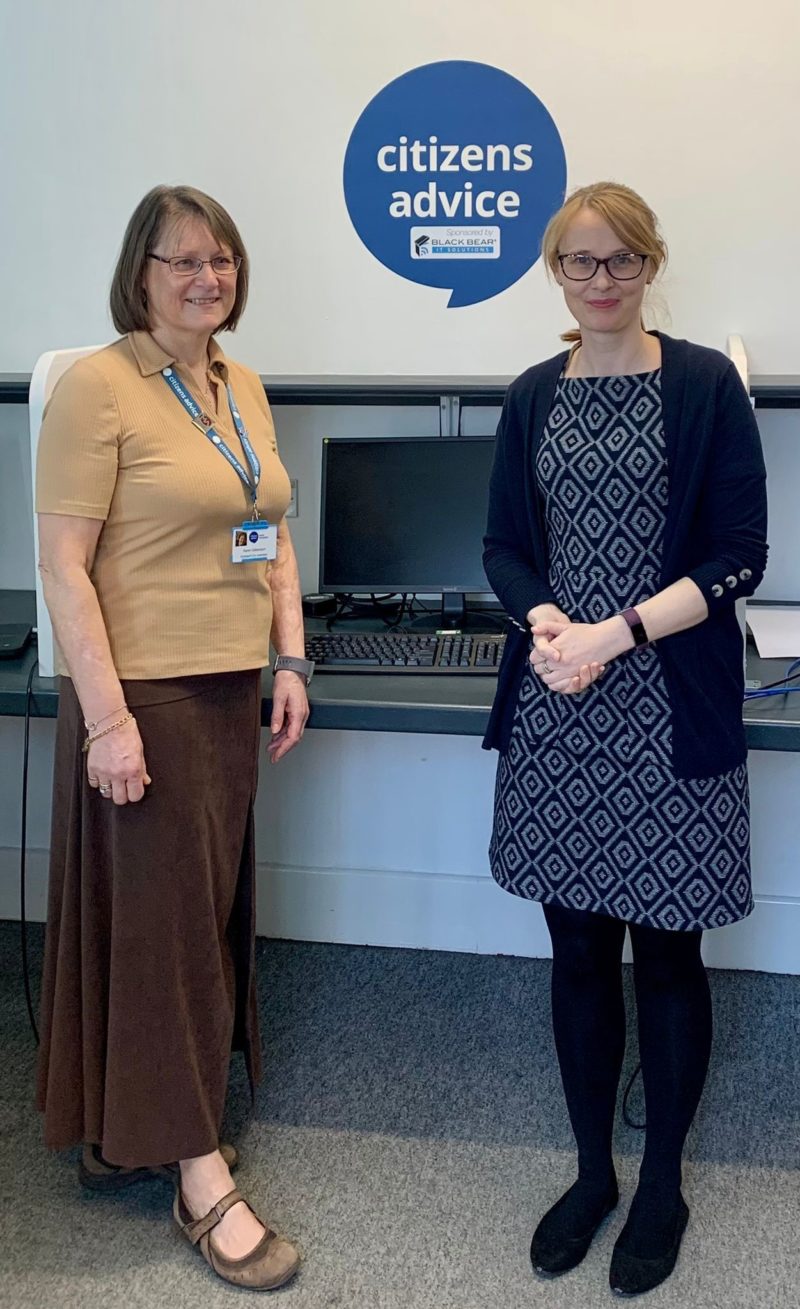Cat Smith Working for Lancaster and Fleetwood

My mailbag is filling up with people desperately worried about the rise in the cost of living and in particular how they’re going to pay their fuel bills.
I popped in to see the team at Citizen’s Advice the other day and they have the following guidance:
If you’re struggling to afford your gas and electricity bills, contact your supplier to discuss ways to pay what you owe them.
Your supplier has to help you come to a solution. You should try to negotiate a deal that works for both of you.
If you don’t try to negotiate with your supplier, they might threaten to disconnect you. Check what to do if you’ve been told your energy supply will be disconnected.
If you’ve missed payments because of coronavirus, you should explain this to your supplier. They might agree not to disconnect you. For example, tell them if your income has been affected by long-term symptoms.
If your supplier doesn’t disconnect you, you should still arrange to pay what you owe them. This protects you from being disconnected in the future.
Energy arrears are a ‘priority debt’. This means you need to pay them before debts like credit cards. If you have more than one debt, work out which debts to pay first.
Tell your supplier that you want to pay off your debts in instalments as part of a payment plan.
You’ll pay fixed amounts over a set period of time, meaning you’ll pay what you can afford. The payment plan will cover what you owe plus an amount for your current use.
Your supplier must take into account how much you can afford to pay – give them details about your income and outgoings, debts and personal circumstances.
How much energy you’ll use in future – they’ll estimate this based on your past usage, but give them regular meter readings to make this more accurate
If you can’t afford the payment plan speak to your supplier again if you think they’re charging you too much or you’re struggling to afford the repayments. You can try to negotiate a better deal. If you don’t, your supplier might make you have a prepayment meter installed. You might be able to repay your debt directly from your benefits through the Fuel Direct Scheme. A fixed amount will automatically be taken from your benefits to cover what you owe, plus an extra amount for your current use. It can be more convenient than having a prepayment meter fitted (which your supplier might try to do if you can’t agree a payment plan) and you won’t risk running out of gas or electricity.
To be eligible, you must be getting one of the following benefits:
Income-Based Jobseeker’s Allowance
Income Support
income-related Employment and Support Allowance
Pension Credit
Universal Credit (but only if you’re not working)
Contact the Jobcentre and let them know you want to set up Fuel Direct. They’ll contact your supplier and tell them you want to pay off your debt under the Fuel Direct Scheme – your supplier must agree to it.
Your supplier will set up the repayments and let you know how much you’ll be paying.
If you’re not able to agree a payment plan with your supplier, or you don’t stick to a plan you previously agreed to, your supplier might try to force you to have a prepayment meter installed.
In very rare cases your supplier might threaten you with disconnection.
There are a number of energy companies who offer grants and schemes that are open to anyone – you don’t have to be a customer.
You might be able to get a grant from a charitable trust to help pay off your debts.
If you’re disabled, elderly or you get benefits, check whether you can get other help paying your energy bills.
If you can’t come to an agreement with your supplier about repaying your debt, or you’re not happy with the option they’ve given you, contact the Citizens Advice consumer helpline for advice.
Citizen’s Advice is an amazing organisation that last year helped over 2.4 million people find a way forward with one-to-one advice. Their advice website had over 60 million views and they provide support in 2,500 locations across England and Wales with over 21,000 volunteers and 8,700 staff.
I’d like to thank all those volunteers for the incredible work they do and for giving of their time so generously.
